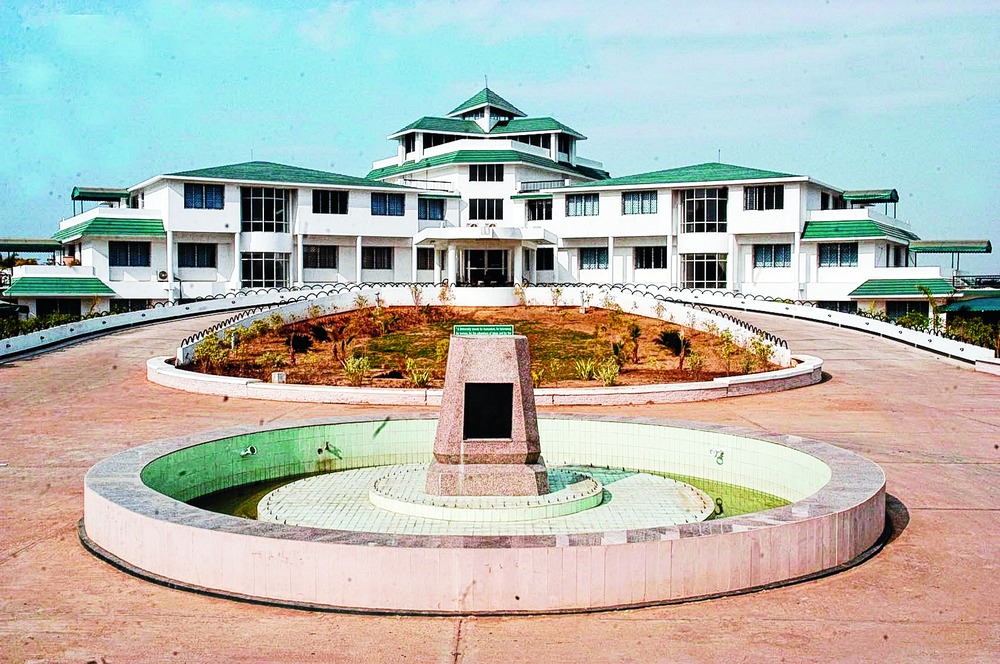
Ranchi, Sept. 26: Birsa Agricultural University (BAU) today declared that it has successfully converted around 1.53 lakh hectares of wasteland into arable land in Jharkhand.
"A total of 2.73 lakh hectares of wasteland was identified in various districts. Through the attracting and retaining youth in agriculture (ARYA) scheme, launched by Indian Council of Agricultural Research, New Delhi (ICAR), krishi vigyan kendras of BAU located in all 24 districts of the state, had mobilised some 60,000 youths, both men and women, and provided them training on soil testing, seed processing, farming techniques and dry land farming. With the help of these newly trained youths, out of the 2.73 lakh hectares of wasteland, 1.53 lakh hectares have successfully been converted into farmland," R.P. Singh Ratan, director extension, BAU, told The Telegraph.
He said various pulses like tur ( arhar), black gram (urad), horse gram ( kulthi), millet, sarguja lentils and corn had been planted on the converted farmlands. Each BAU krishi vigyan kendra had trained an average of 2,500 local youths, encouraging them to take up farming and allied activities as a source of livelihood as per directives of chief secretary Rajbala Verma and state agriculture secretary Nitin Madan Kulkarni.
Ratan revealed that 500 seed villages had also been set up in the state during the current kharif season. These seed villages would be responsible for producing certified paddy oil and pulses seeds.
BAU has supplied breeder seeds, produced in its labs, to farmers of the seed villages, which in turn would produce quality certified seeds. These seeds would be certified for quality by independent agencies and later distributed among farmers throughout the state for direct sowing, he added.
An ICAR team, that wound up a five-day long visit to BAU today, stressed on paying attention to personality development and communication skills of students.
Addressing senior BAU officers, the ICAR team chairman and former vice chancellor of University of Agricultural Sciences, Bangalore, P.G. Chengappa, said students of BAU were very talented but lacked motivation. He said overall intake of students in various colleges and faculties of BAU was too low, and that needed to be increased. He also emphasised that 40 per cent seats in all courses be earmarked for sons and daughters of farmers.
The ICAR team also expressed displeasure at the large number vacancies in teaching positions.
During its five-day trip, the team met BAU vice chancellor Dr N. M. Kulkarni, senior officers, teachers, scientists and support staff and visited all colleges, hostels, laboratories, libraries, experiential learning units, instructional farms, fields and the BAU main block to get first-hand knowledge of the ground realities.
The ICAR team included additional director general (Natural Resource Management) S. Bhaskar, retired professor of Central Agricultural University (Imphal), H.N. Gour, retired dean of Central Agricultural University (Rajasthan) S. N. Sharma, associate dean of University of Veterinary Science (Tirupati) P. Eshwara Prasad, and principal scientist (education division) K.P. Tripathi.











